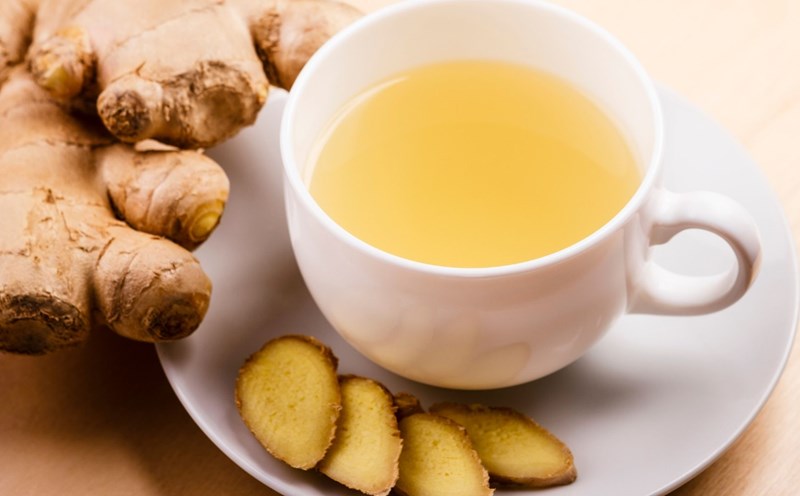Powerful antioxidants and cardioprotection
Tea is one of the richest sources of natural antioxidants, especially polyphenols. These compounds help fight free radicals, the culprit of cell damage, promote the aging process and increase the risk of chronic diseases.
According to Dr. Jamie Johnson, a nutritionist at verywell Medical Experts Council (USA): Antioxidants in tea help slow down biological aging, while reducing the risk of heart disease and cancer.
In addition, drinking tea regularly also has many cardiovascular benefits such as lowering blood pressure, reducing bad cholesterol, improving blood vessel function and fighting inflammation. This is an important factor in preventing atherosclerosis, a common heart disease in adults.
Helps control weight, blood sugar and the brain
Some studies show that oolong tea can increase the fat oxidation rate by up to 20% within 24 hours, thereby supporting weight control. In addition, polysaccharides in tea also have a positive impact on the intestinal microflora, helping to metabolise more effectively.
Tea also has the ability to regulate blood sugar and reduce the risk of type 2 diabetes. A survey of adults in China shows that those who regularly drink black tea have a 45% lower risk of diabetes.
In particular, green tea contains EGCG and amino acids such as theanine and arginine, which help reduce stress, improve memory and slow down brain aging. Drinking green tea regularly can also reduce the risk of memory loss in old age.
Which tea is good for longevity?
The anti-aging effect of tea varies depending on the level of fermentation. Green tea, unfermented, contains the most powerful compounds. Next is white tea (lightly fermented), oolong tea (partly fermented), black tea (completely fermented) and finally Pu-erh tea ( probiotically fermented, less compound).
No matter what type of tea you choose, maintaining the habit of drinking tea every day, limiting sugar and fat will bring clear benefits to health and longevity.








